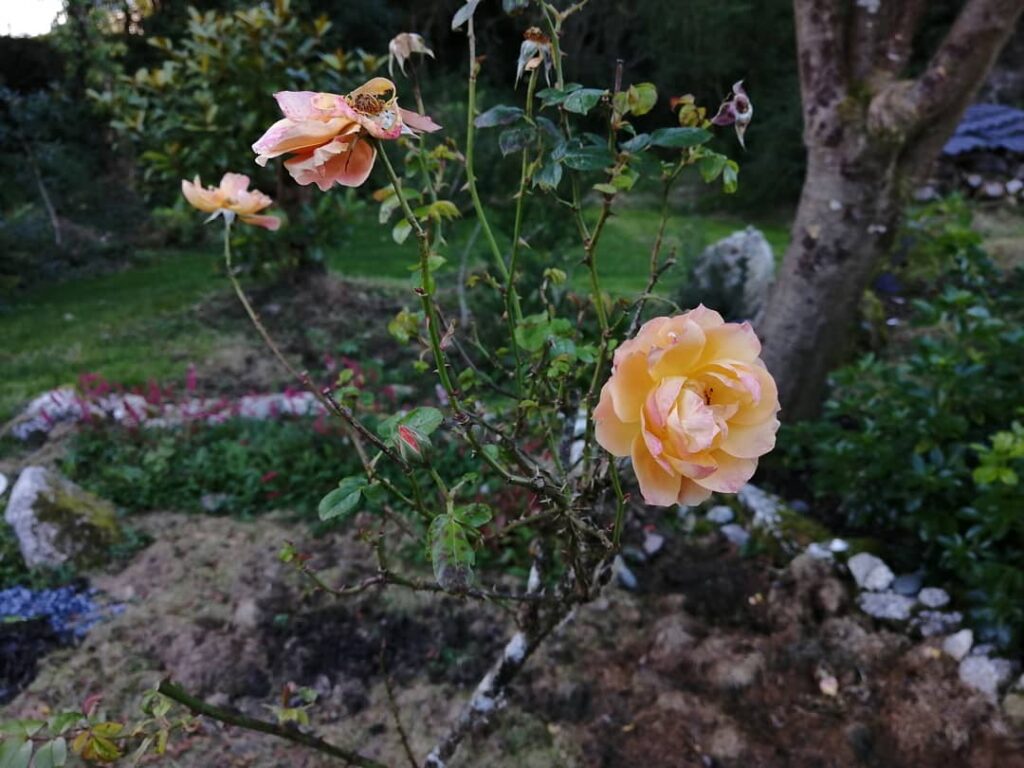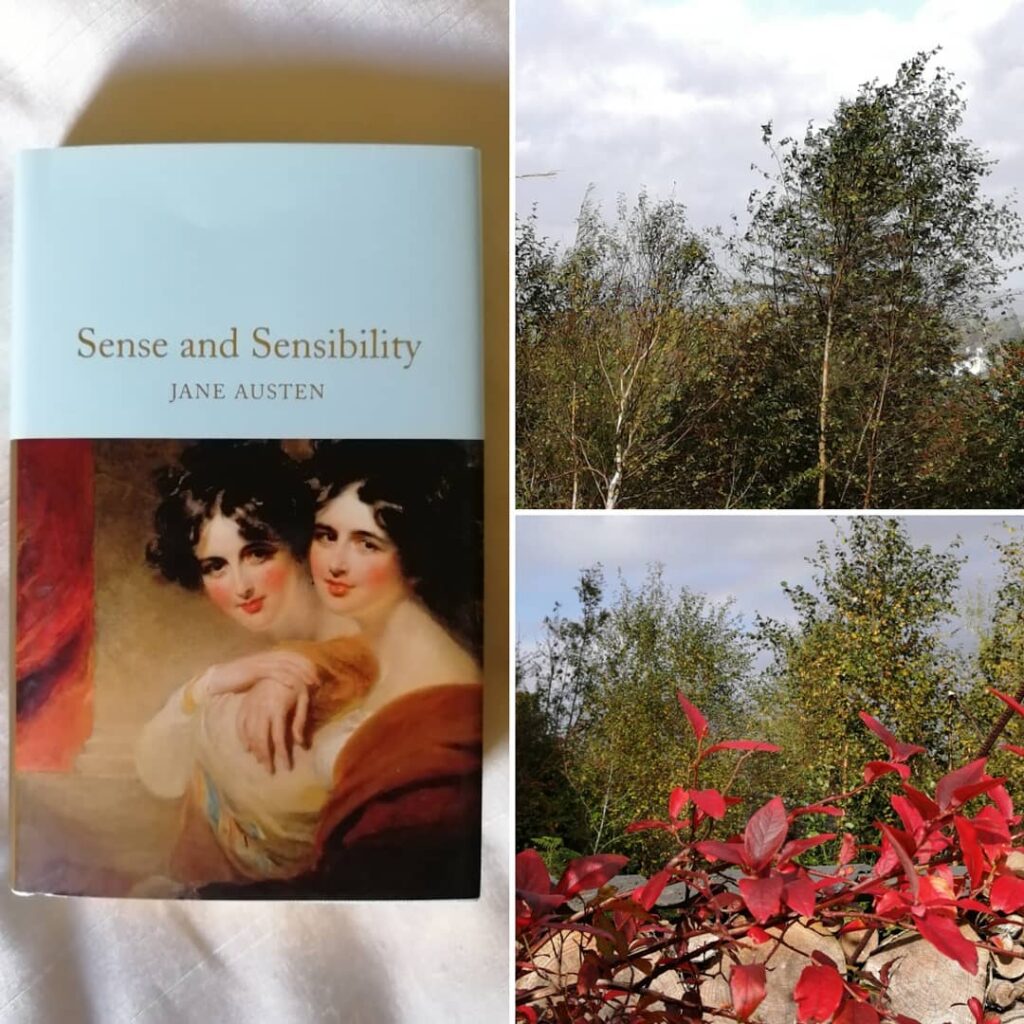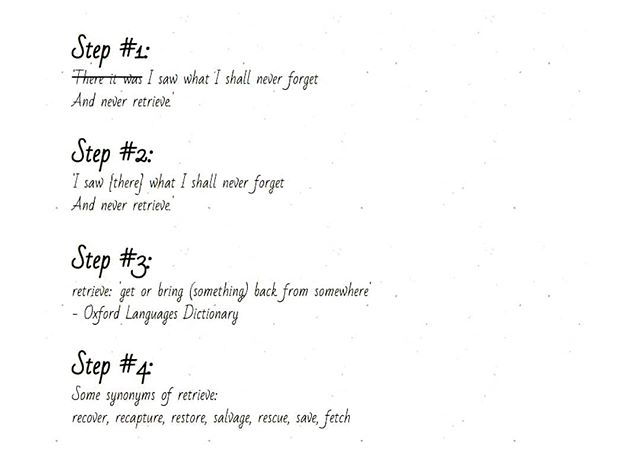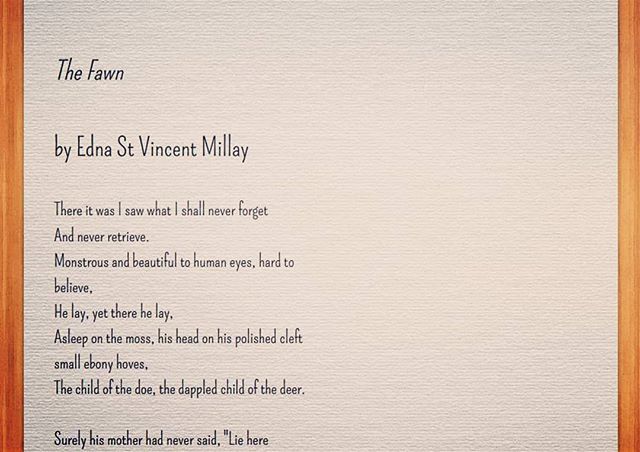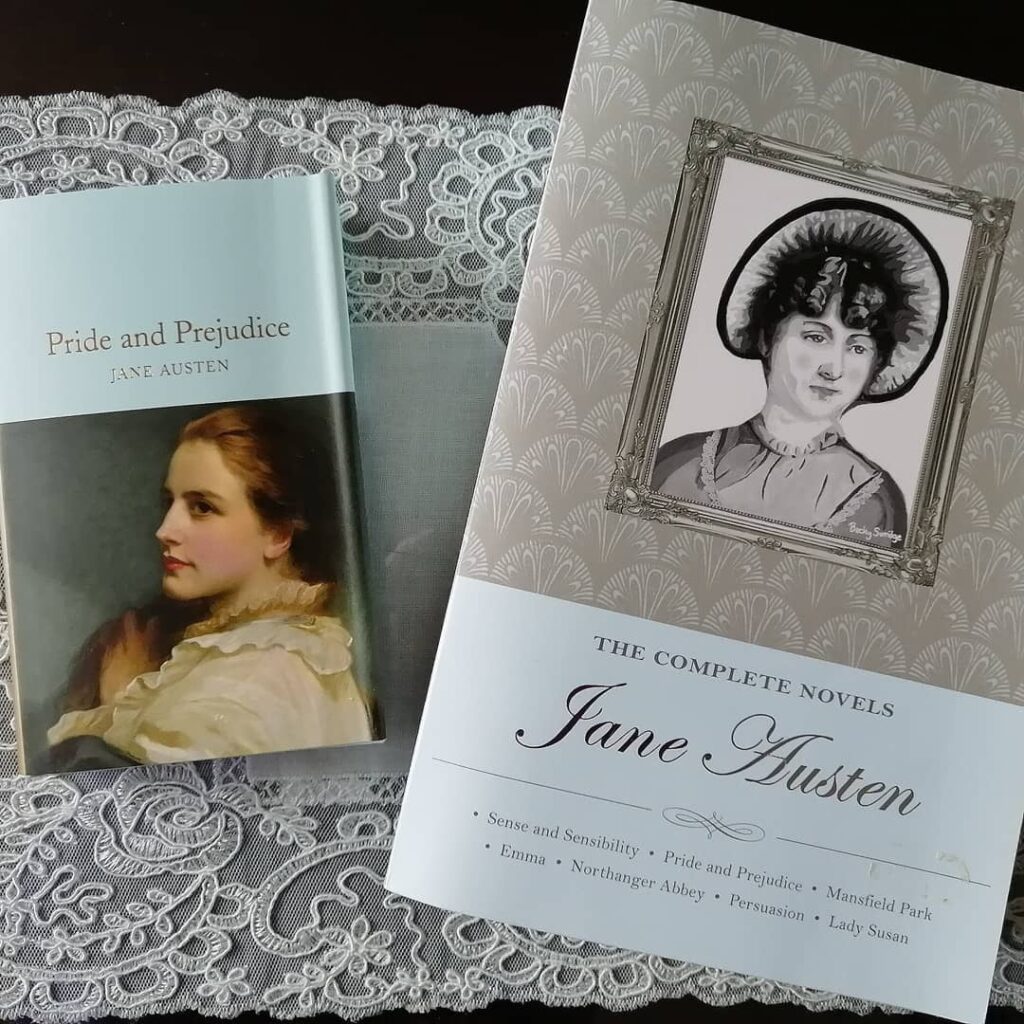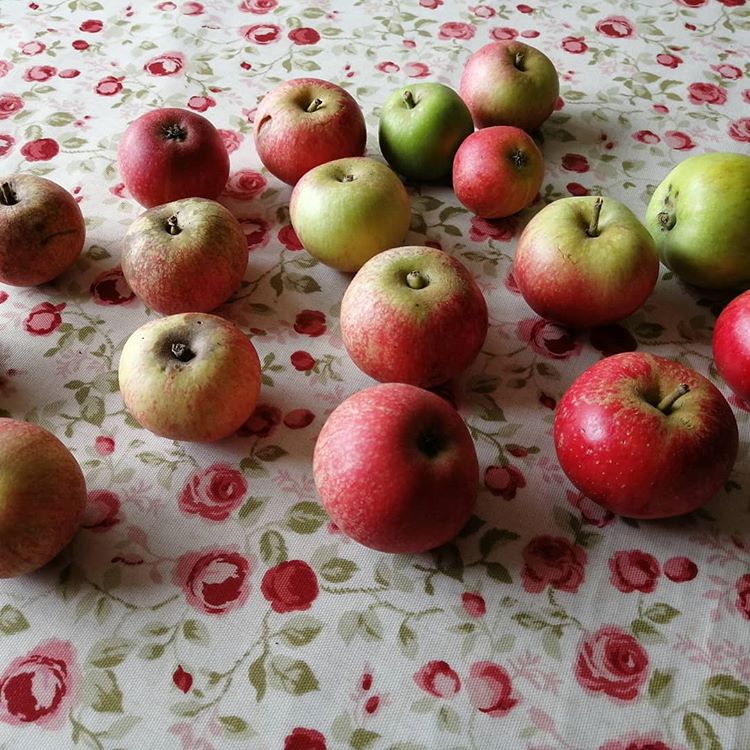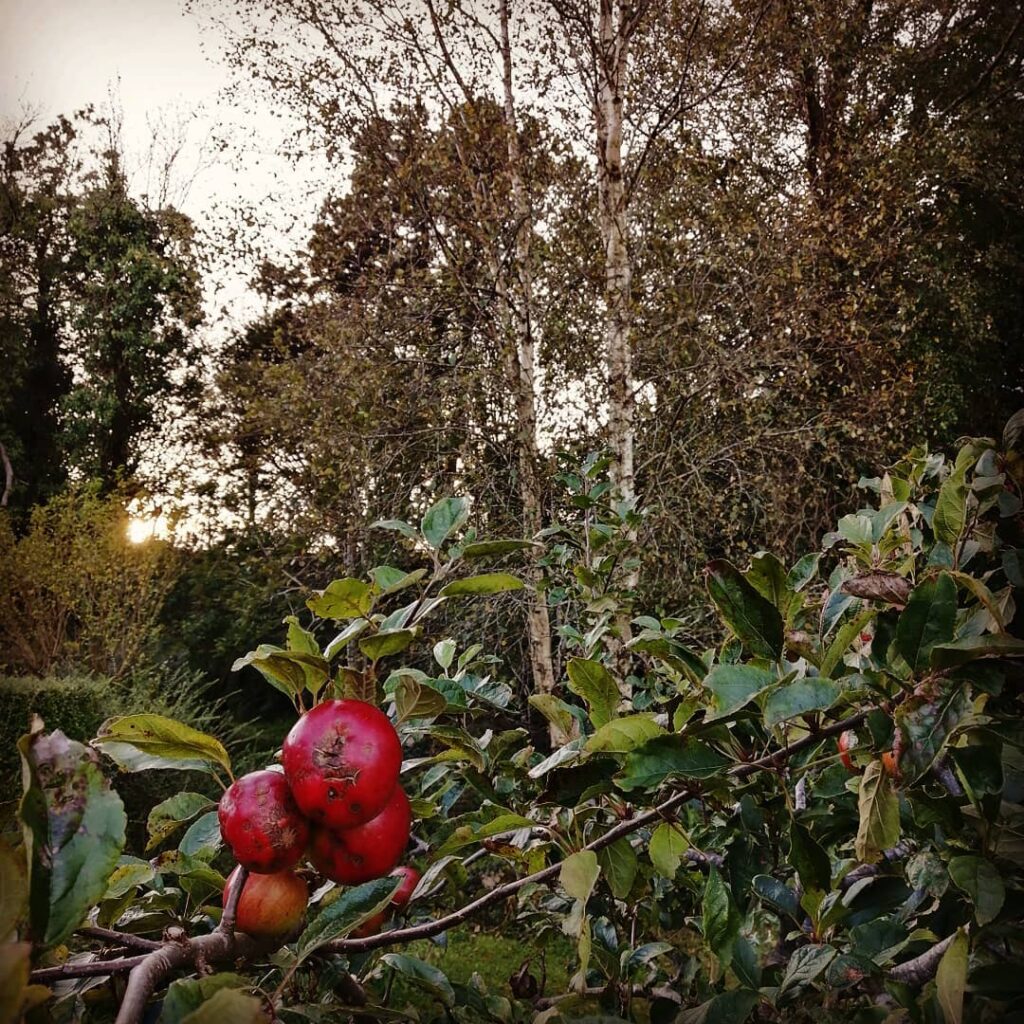Lesson #109: Steps for Enriching Your Writing with the Right Vocabulary
INTERMEDIATE LEVEL Seeing this rose in my garden reminds me of the process of learning and improving our competence in any language. We learn one language word by word, step by step, layer by layer, just like these rose petals overlay each other. Another point of similarity: as these petals are relatively small, the slow […]
Lesson #109: Steps for Enriching Your Writing with the Right Vocabulary Read More »


